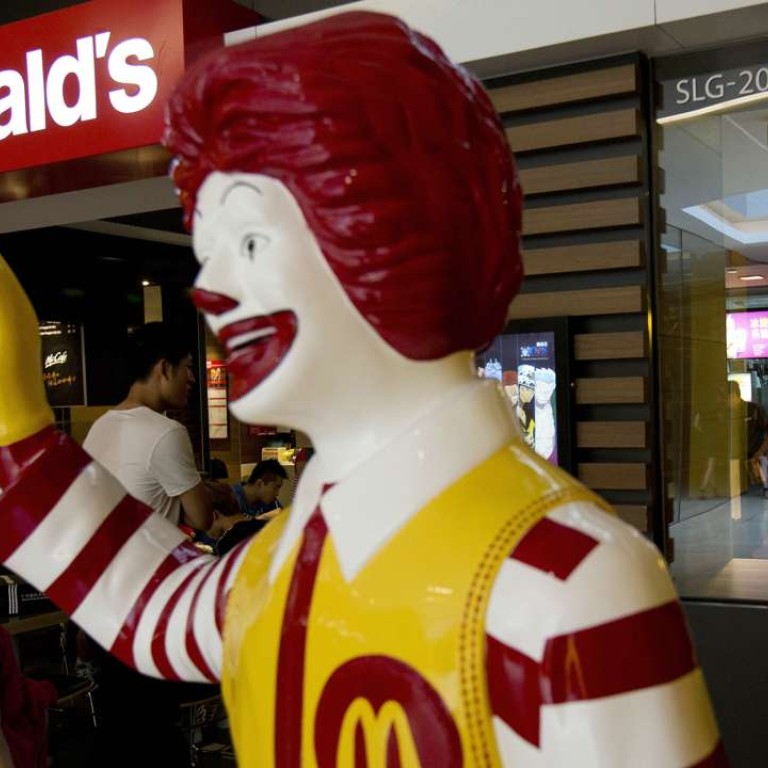
McDonald’s seeks to sell stores in China and Hong Kong
McDonald’s is targeting private equity firms, including Bain Capital, MBK Partners, TPG Capital Management and Chinese state-backed conglomerate China Resources (Holdings) for its planned sale of 2,800 restaurants in North Asia, people familiar with the matter told Reuters.
The US fast food giant is adopting a new business model in Asia, which is now the most intense battleground for global restaurant chains, by planning to bring in partners to own the restaurants within a franchise operation.
Several other global restaurant operators have switched to the so-called franchise model and McDonald’s has also set a long-term aim of being 95 per cent franchised, the company said in a statement on March 31.
McDonald’s has hired Morgan Stanley to run the sale of the restaurants in China, Hong Kong and South Korea, the people said. A formal sales process is expected to kick-off in about three to four weeks, one of the people said.
Ahead of that, McDonald’s and its advisor are drawing up a list of likely partners who will be approached to participate in the auction, the person added.
The franchise partners would likely end up owning a majority stake in the restaurants in each market, or even as much as 100 per cent, and be responsible for future capital spending. The precise structure of the deal is still to be decided, the sources said.
In return, McDonald’s will get a one-time franchise payment and ongoing royalty fees, which usually range between 3 to 5 per cent of annual turnover.
Maintaining food and service quality will be one of the biggest concerns for franchise operators after a change in ownership, analysts say.
“Customers will expect the same consistency at the chain store,” said David Lung Wing-hung, a managing partner in the consumer products and retail sector at Deloitte China.
Even though a franchise operator can help fast track expansion and development, food and service quality is likely to be affected as a trade-off.
Lung added that since food safety in China is a big concern, similar restaurants in the fast food industry that have undergone the same process, have opened centralised kitchens and training centres so that they can control and maintain food and service quality.
Alice Leung, senior vice president at KGI, said that it “makes sense” for McDonald’s to use a franchise model.
“High operating costs makes the return of restaurant operators hesitate to grow via the self-own system network, especially [for fast food restaurants] as their pricing has to stay competitive,” said Leung, adding that while franchise operators can help raise the chain’s market value, quality will also be a concern.
“Quality is not the key in fast food – value for money with ‘reasonable’ quality is the key. I think maybe the consumers will be cautious about food safety issues.”
China Resources (Holdings), which is the parent of brewing company China Resources Beer Holdings, and operates Pacific Coffee chains in Hong Kong, China, Singapore and Macau, has previously expressed interest in expanding its retail footprint.
“This will attract a lot of sponsor interest,” said one senior Hong Kong-based merger and analyst banker familiar with the McDonald’s process. “For one, it’s an established business and second, such assets rarely come to market in Asia.”
McDonald also plans to open 1,500 more restaurants in China and Hong Kong over the next five years, to tap the region’s rapid growth. However, McDonald’s and Yum, have been facing increasing competition from cheaper local rivals, particularly in China, where they are both trying to recover from food safety scares.

